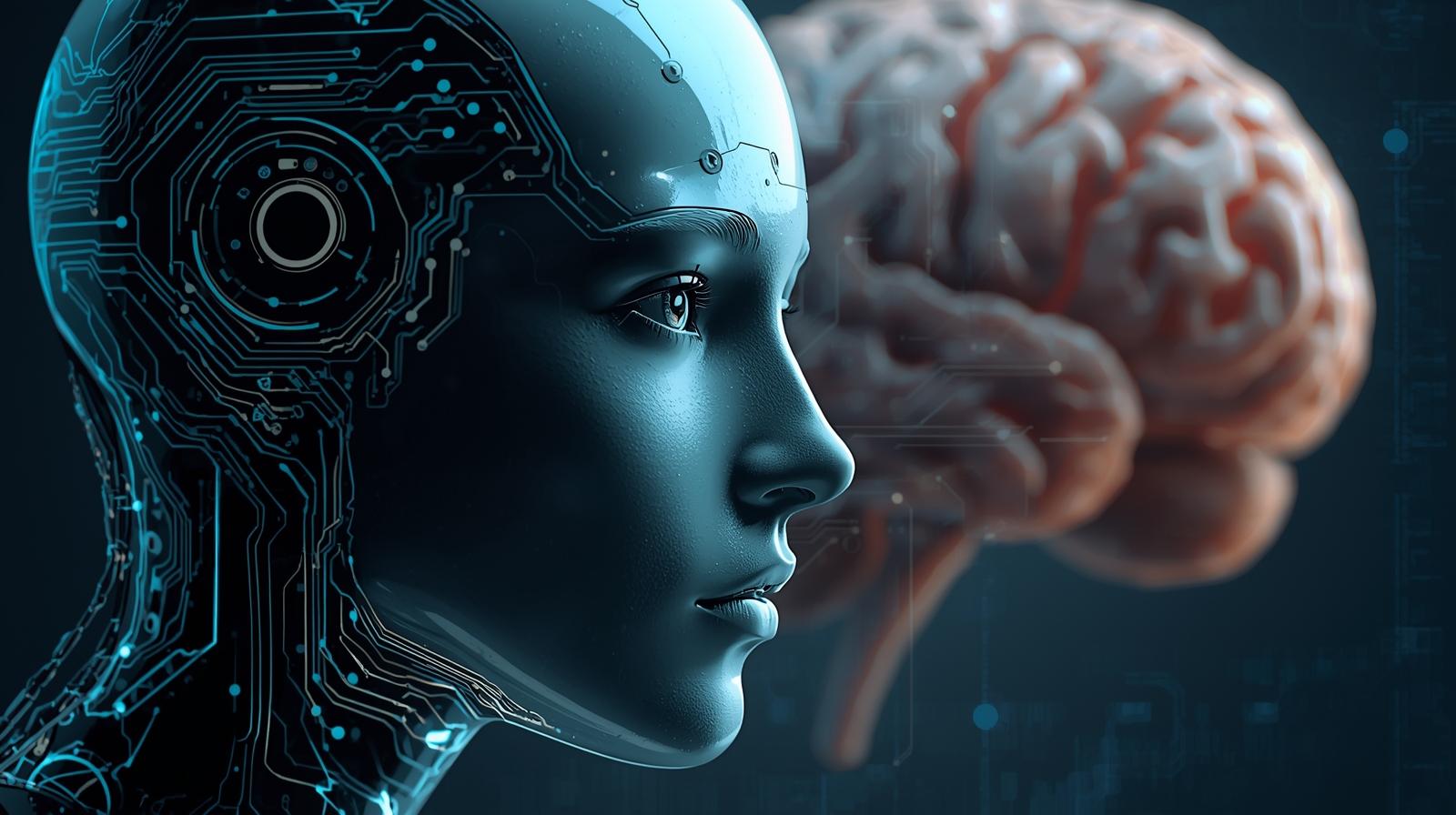We are living through an explosion in artificial intelligence.
AI agents can now write code, create images, plan tasks, and communicate in natural language with astonishing fluency.
On the surface, it feels like the dawn of a new era, one where machines can finally understand, decide, and learn on their own.
But beneath that surface lies an uncomfortable truth: today’s AI agents appear intelligent, but they do not think.
Imitation Is Not Understanding
Most of today’s AI models, from copilots to chatbots, don’t actually understand the world. They are masters of imitation, predicting the next word based on billions of examples. That’s why they sound so confident yet fail so easily when asked to reason, plan, or adapt.
There is no inner model of reality behind the words: no sense of cause and effect, no lived understanding of time or context. In a way, their “intelligence” is merely a reflection of ours. They mirror how we think, but they do not think for themselves.
The Missing Cognitive Architecture
True intelligence is not about processing power or parameter count; it is about continual learning, adaptation, and the ability to transfer knowledge across situations.
A human intern learns from experience, recognizes mistakes, connects ideas from different fields, and senses when something doesn’t make sense. Today’s AI agents cannot do that.
Their knowledge is frozen at the moment of training. They don’t learn from interaction; they replay patterns. They don’t grow; they refresh.
Multimodality and Adaptation: Still Out of Reach
We often hear that AI has become “multimodal.”
In practice, this means it can process text, images, or audio, but it does not truly understand how they are connected.
When a person sees an image and reads its caption, they merge meaning, emotion, and context into one coherent experience. AI still cannot do that.
And when context or goals change, models don’t adapt. They break. Their flexibility is only skin-deep, built on pattern matching, not understanding.
The Real Danger: Superficiality
The real danger lies not in AI becoming overly intelligent, but in people believing it already is.
If we begin to delegate our decisions and judgment to systems that appear smart but lack true intent, conscience, or genuine understanding, we risk creating a world driven by the superficial reasoning of mere statistical algorithms.
That is not progress; it’s a step backward in how we understand knowledge itself.
From Imitation to Understanding
If we want truly intelligent systems that think, learn, and evolve, we must move beyond today’s large language model paradigm. That means building AI that integrates perception, action, and experience; learns continually; and forms an internal model of reality.
Until then, our AI agents remain what they are:
ghosts of the internet-reflections of our collective knowledge, but not its creators.



